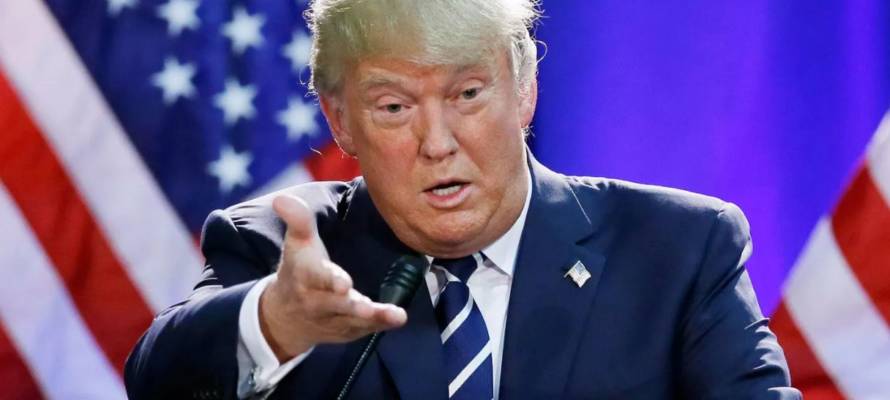Although he “hates the concept,” Trump suggested that the U.S. “seriously” consider profiling Muslims inside the country as a necessary terrorism-fighting tool.
“We really have to look at profiling,” Donald Trump said in an interview broadcast Sunday on CBS‘s “Face the Nation.”
The presumptive Republican presidential nominee added that he “hate(s) the concept of profiling, but we have to use common sense.”
“I think profiling is something that we’re going to have to start thinking about as a country,” Trump said. ”It’s not the worst thing to do…You look at Israel and you look at others, and they do it. And they do it successfully.”
The statements are consistent with Trump’s other, long-expressed views on how to stop terrorism in the U.S., including a temporary ban on foreign Muslims from entering the country until they. can figure out “what is going on.”
Trump has doubled down on this approach since Omar Mateen carried out the worst mass shooting in modern American history on June 12 at a gay club in Orlando, Florida. Forty-nine people were killed in the attack, which stoked a mix of fears about terrorism, guns and violence against gays.
Mateen’s motive isn’t clear, but a letter from the chairman of the Senate Homeland Security Committee, Republican Ron Johnson of Wisconsin, said Mateen wrote on Facebook that “real Muslims will never accept the filthy ways of the West.” He also pledged allegiance to the Islamic State.
Trump also said the government should investigate mosques in the U.S. in much the same way the New York Police Department’s Demographics Unit spied on Muslims and mosques around the city with help from the CIA. The group assembled databases on where Muslims lived, shopped, worked and prayed, infiltrated Muslim student groups, put informants in mosques and monitored sermons, the Associated Press reported in 2011.
The NYPD, under Mayor Bill de Blasio, announced it had abandoned the program following lawsuits and complaints.
“You do (it) as they used to do in New York prior to this mayor dismantling” the program, Trump said.
Americans are Strikingly Divided
The proposals have been roundly dismissed and criticized by many Republican leaders, including House Speaker Paul Ryan.
Americans are strikingly divided over whether to single out Muslim communities as part of a plan to fight terrorism, according to an AP-GfK poll conducted March 31 through April 4.
Forty-nine percent of respondents said they favor surveillance programs aimed at predominantly Muslim communities in the U.S. to obtain information about possible radicalization. Forty-seven percent opposed the practice.
Trump cast the use of profiling as a matter of “common sense” over “political correctness.”
Civil libertarians, Muslims and others have strongly disagreed, arguing that profiling is unconstitutional and discrimination based on race, religion and other factors.
Attorney General Loretta Lynch on Sunday said law enforcement should remain allied with groups that might have helpful information.
“It is very important for to us maintain our contacts within the Muslim community, because, often, individuals, if they’re from that community and they’re being radicalized, their friends and family members will see it first. They will see activity first. And we want that information to come to us,” Lynch said on CNN‘s State of Union.
By: AP and United with Israel
Sign the Petition to Unite Against Islamic Terror
Petition to the United States and World Powers:
We urge our leaders to reject all supporters of Islamic Terror. Do NOT join forces with Iran, Hamas and other extremists to fight ISIS. Unite with Your Friends - Not with Your Enemies.

